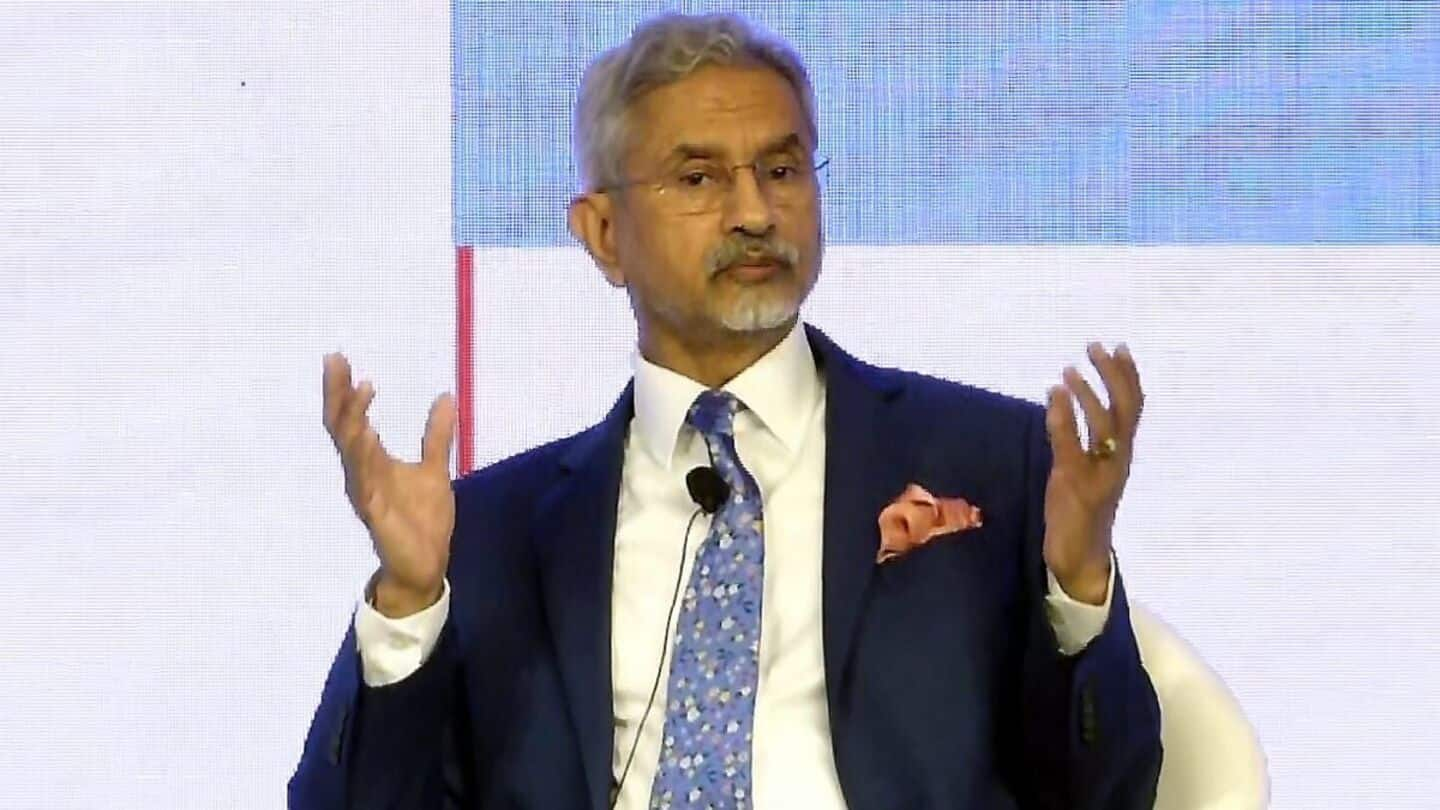
'I was there..': Jaishankar refutes Trump's India-Pak ceasefire claims
What's the story
External Affairs Minister S Jaishankar has refuted United States President Donald Trump's claim of using trade as leverage to enforce a ceasefire between India and Pakistan. Trump had made the claims in the aftermath of the Pahalgam attack, which escalated tensions between the two nations, leading to "Operation Sindoor," in which India targeted terror infrastructure based in Pakistan. Speaking to Newsweek, Jaishankar clarified that India's decision on the ceasefire was based on security concerns and not external factors.
Diplomatic dialogue
Jaishankar recounts India-US talks before ceasefire with Pakistan
Jaishankar detailed his first-hand experience of the talks between New Delhi and Washington before the ceasefire with Islamabad. "I can tell you that I was in the room when Vice President Vance spoke to Prime Minister Modi on the night of May 9, saying that the Pakistanis would launch a very massive assault on India," he said. "We did not accept certain things, and the prime minister was impervious to what the Pakistanis were threatening to do," he said.
Follow-up discussions
Pakistan contacted India for a ceasefire
The next day, Jaishankar spoke to US Secretary of State Marco Rubio, who informed him that Pakistan was willing to negotiate. Later that day, Major General Kashif Abdullah from Pakistan directly contacted Lieutenant General Rajiv Ghai of India for a ceasefire. "So, I can only tell you from my personal experience what happened," Jaishankar said during a fireside chat with Newsweek's CEO Dev Pragad.
Trade dispute
Trump reiterates his claim; Jaishankar disagrees
Despite India's denials, Trump recently reiterated his claim at a press conference in The Hague, saying he ended the conflict with trade-related phone calls. He said he told leaders that if they continued fighting, no trade deal would happen. Jaishankar disagreed with this narrative and stressed that diplomacy and trade operate independently. "I think...trade people are doing what the trade people should be doing, which is negotiate with numbers and lines and products and do their tradeoffs," he said.